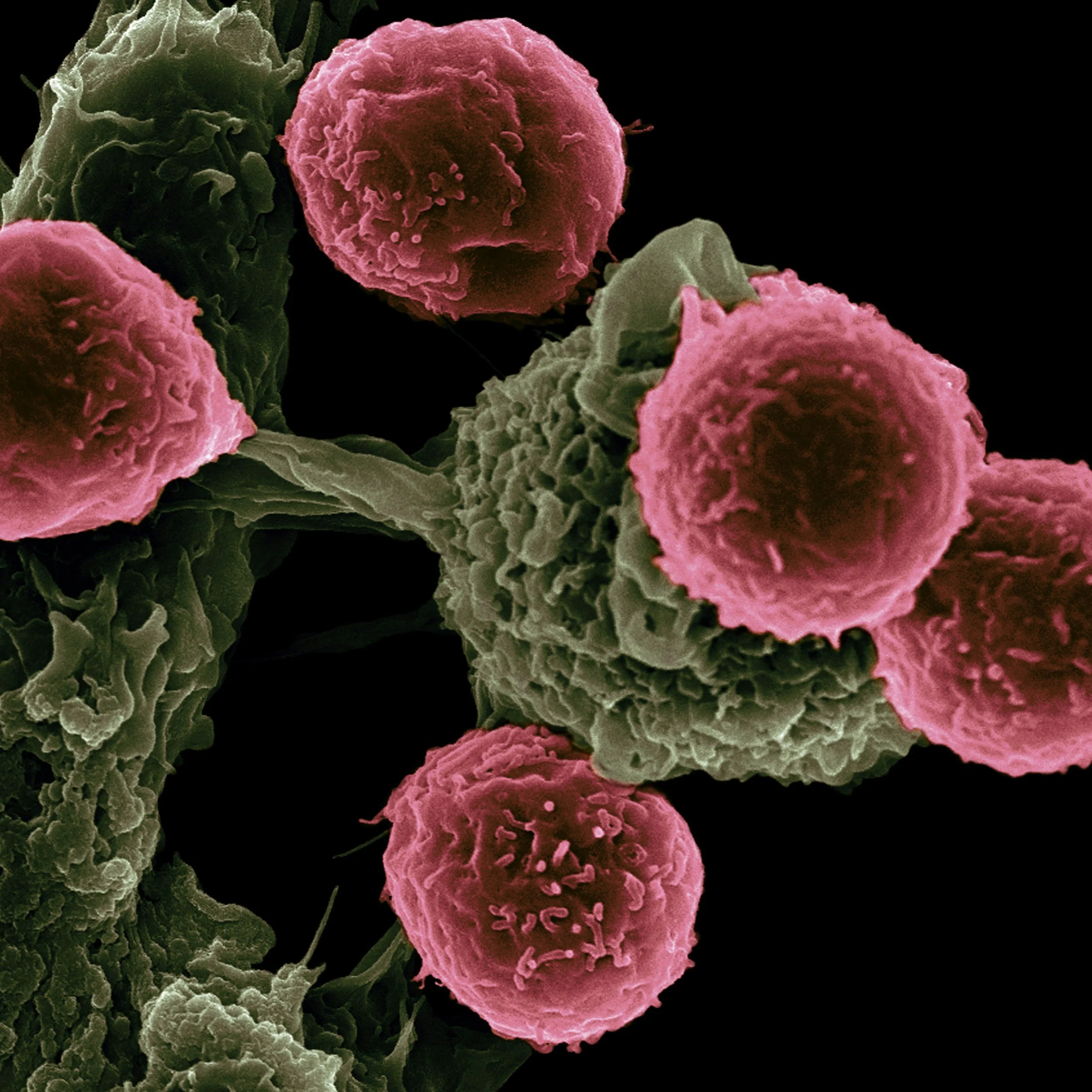The Health Dangers of Long-Term Drinking: A Comprehensive Look at the Risks, Including Cancer
As an addiction specialist, I have seen the profound impact that long-term alcohol consumption can have on individuals' health and well-being. While alcohol is often consumed socially or as a way to unwind, chronic and excessive drinking can lead to severe and sometimes irreversible health consequences. Among these dangers, the increased risk of cancer is particularly alarming. In this blog, we will explore the health risks associated with long-term drinking, with a focus on its connection to cancer.
The Health Risks of Long-Term Drinking
1. Liver Damage
The liver is the primary organ responsible for metabolizing alcohol. Over time, excessive drinking can overwhelm the liver, leading to conditions such as:
- Fatty Liver Disease: The accumulation of fat in liver cells.
- Alcoholic Hepatitis: Inflammation of the liver, which can cause pain and jaundice.
- Cirrhosis: Irreversible scarring of the liver, which impairs its ability to function and can be life- threatening.
2. Cardiovascular Issues
Chronic alcohol consumption can damage the heart and blood vessels, increasing the risk of:
- High blood pressure.
- Irregular heartbeats (arrhythmias).
- Cardiomyopathy, a condition where the heart muscle weakens and struggles to pump blood effectively.
- Stroke and heart attack.
3. Brain and Nervous System Damage
Alcohol is a central nervous system depressant, and long-term use can lead to:
- Cognitive decline and memory loss.
- Neurological disorders such as Wernicke-Korsakoff syndrome, which affects coordination and memory.
- Increased risk of mental health issues, including depression and anxiety.
4. Digestive System Problems
Alcohol irritates the digestive tract and can lead to:
- Gastritis and ulcers.
- Pancreatitis, a painful inflammation of the pancreas.
- Malabsorption of nutrients, resulting in deficiencies and weight loss.
5. Weakened Immune System
Chronic drinking suppresses the immune system, making individuals more susceptible to infections and illnesses.
The Link Between Alcohol and Cancer
Alcohol is classified as a Group 1 carcinogen by the International Agency for Research on Cancer (IARC), meaning it is a known cause of cancer in humans. The risk of developing cancer increases with the amount and duration of alcohol consumption. Here are some of the cancers linked to long-term drinking:
1. Liver Cancer
Chronic alcohol use can lead to liver cirrhosis, which significantly increases the risk of liver cancer.
2. Breast Cancer
Even moderate alcohol consumption has been linked to an increased risk of breast cancer in women. Alcohol can raise estrogen levels, which may promote the growth of certain types of breast cancer.
3. Mouth, Throat, and Esophageal Cancer
Alcohol damages the cells lining the mouth, throat, and esophagus, increasing the risk of cancer in these areas. The risk is even higher for individuals who smoke and drink.
4. Colorectal Cancer
Long-term alcohol use has been associated with an increased risk of colorectal cancer, particularly in men.
5. Stomach and Pancreatic Cancer
Excessive drinking can contribute to chronic inflammation and damage in the stomach and pancreas, raising the risk of cancer in these organs.
Why Does Alcohol Increase Cancer Risk?
The mechanisms by which alcohol contributes to cancer include:
- DNA Damage: Alcohol is metabolized into acetaldehyde, a toxic compound that can damage DNA and prevent cells from repairing themselves.
- Oxidative Stress: Alcohol increases the production of reactive oxygen species, which can damage cells and tissues.
- Hormonal Changes: Alcohol can alter hormone levels, such as increasing estrogen, which is linked to breast cancer.
- Increased Absorption of Carcinogens: Alcohol can make it easier for harmful substances, such as those in tobacco, to enter cells.
Solutions for Reducing Alcohol-Related Risks
If you or a loved one is concerned about the health risks of long-term drinking, here are some steps to consider:
- Seek Professional Help: Addiction specialists, therapists, and support groups can provide guidance and support for reducing or quitting alcohol.
- Set Limits: If you choose to drink, follow guidelines for moderate consumption (e.g., no more than one drink per day for women and two for men).
- Adopt a Healthy Lifestyle: Engage in regular exercise, eat a balanced diet, and prioritize mental health to reduce the overall risk of disease.
- Regular Health Screenings: Early detection of alcohol-related health issues can improve outcomes. Speak with your healthcare provider about screenings for liver function, cancer, and other conditions.
How Loved Ones Can Help
Support from loved ones can make a significant difference in reducing alcohol consumption. Here’s how you can help:
- Encourage Open Communication: Create a safe space for discussing concerns about drinking habits.
- Offer Support Without Judgment: Be empathetic and avoid criticism or blame.
- Promote Healthy Alternatives: Suggest activities that don’t involve alcohol, such as exercise or hobbies.
- Join Them in Making Changes: If appropriate, consider reducing your own alcohol consumption to show solidarity.
Conclusion
Long-term drinking poses serious health risks, including an increased likelihood of developing cancer. Understanding these dangers is the first step toward making informed decisions about alcohol consumption. Whether you are seeking to reduce your own drinking or support a loved one, remember that help is available, and positive change is possible. Together, we can work toward a healthier, alcohol-free future.

